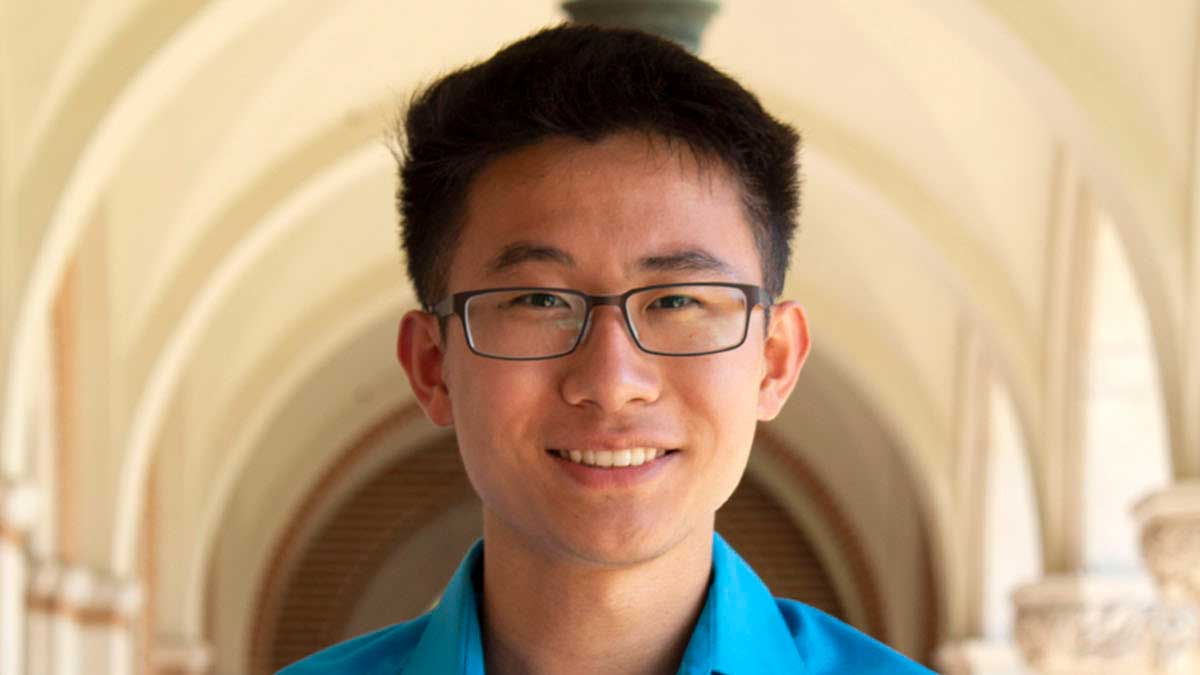Jinjiang (Jim) Zhang puts his learning to work as a research assistant in the Realtime Neural Engineering Laboratory (RNEL).
Its reputation as a top-tier research institution attracted Zhang to Rice University. Zhang, a senior working on his B.S. in electrical and computer engineering (ECE) and a B.A. in neuroscience, stayed at Rice because of the sense of intimate community he felt during his three-day visit to campus known as Owl Days.
Zhang’s passion for neuroscience and practical understanding of ECE led him to RNEL, where he works under the leadership of Caleb Kemere, associate professor of ECE and of bioengineering. His research focuses on learning, specifically the outcome of learning with or without a partner. His previous work in the lab was geared towards developing tools for neural interface, such as electrodes.
Research at RNEL aims to optimize, detect and decode memory-related patterns of neural activity to deepen understanding of memory and deep-brain stimulation. The goal is improving therapeutic work among human patients.
“In Kemere’s lab we study memory and specific mechanisms for how we can activate and deactivate memories. I find the subject exciting because it touches on the concept of phenomenal experience,” Zhang said. “In graduate school I'd be equally as excited to approach the concept from the perspective of decision making or emotion.”
Additional research projects at RNEL include developing open-source software and embedded system tools for neuroscience and neural engineering and building pure neural interface technology.
“RNEL is a full-stack lab where we do a variety of things, from developing the recording devices and setting up the experiments to performing surgeries and developing algorithms to analyze data. I've definitely learned a lot from this lab,” Zhang said.
This profile is part of a series about undergraduate student research.

